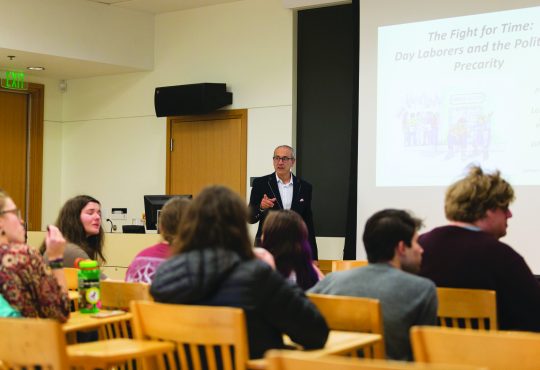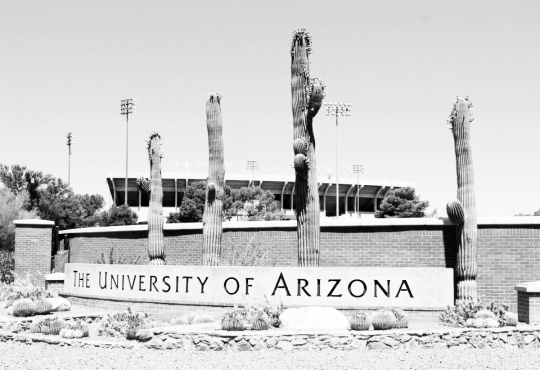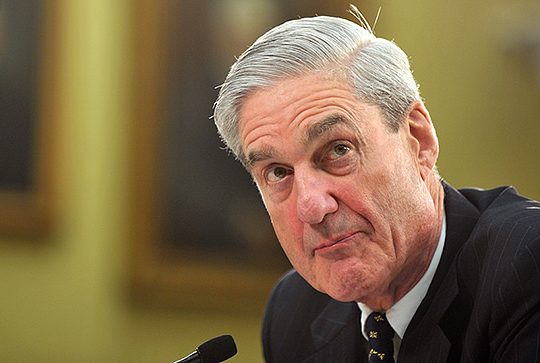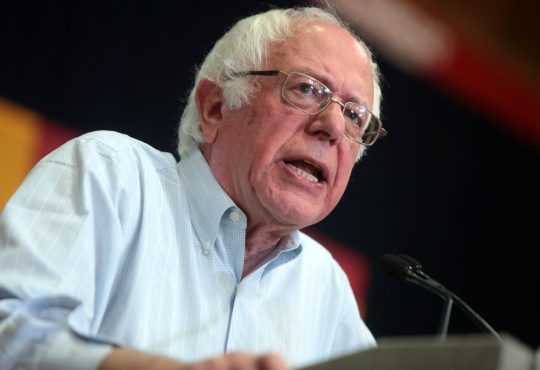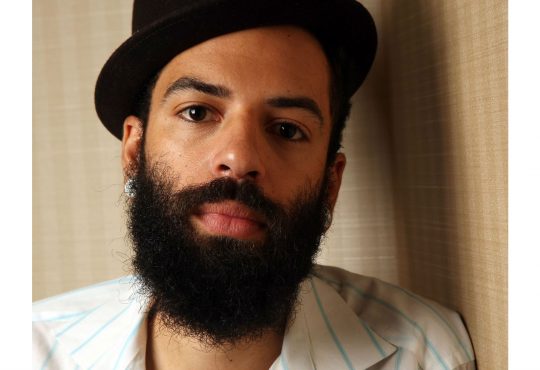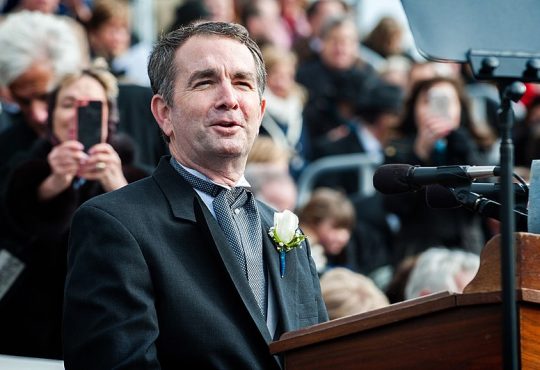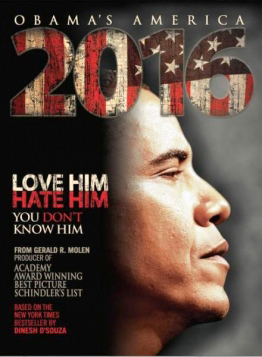
On a brisk September night outside of the Regal Lakewood 15, the Johnson family gathered together to share their reactions to Dinesh D’Souza’s documentary 2016: Obama’s America.
They made the 30 mile drive from their home in Olympia to Lakewood just to see it.
2016 is not being shown at any theaters in the capital.
The film itself is provocative, presenting radically new ways of looking at the president and projecting the outcomes of his policies should he be re-elected this November.
The film can be broken down in a number of ways, but the commentary provided by this group outside the theater gave me a unique opportunity to find out what is on the minds of voters disillusioned by Obama’s last four years and those who never connected with him at all.
These are their thoughts on both D’Souza’s documentary and the choice Americans will make this election.
Larry Johnson — Mr. Johnson has voted Democrat, Republican, and independent in the past (Dukakis ’88; Perot ’92; Clinton ’96; Gore ’00; Kerry ’04), but Obama will not receive his vote this election.
“I think it’s unfortunate that we don’t have the independent voters coming here … and getting relatively objective information about our president… I have this terrible fear of where our national debt is, and I have a fear [that] when interest rates do eventually rise and this low-interest rate federal debt that we have now is recast at interest rates that are substantially higher than they are now, we literally won’t be able to pay the interest on our debt. We’ll see this country go into ruin if Barack Obama is re-elected.”
According to PresidentialDebt.org, the average annual growth of the total national debt during President Obama’s presidency has been 12.2 percent.
This compares to Bush Jr.’s 8.3 percent, Clinton’s 3.9 percent, Bush Sr.’s 11.7 percent, and Reagan’s 14.2 percent. Since 1980, debt as a percentage of the Gross National Product (GNP) climbed from 33.3 percent to 52.6 percent during Reagan’s presidency, rose to 65.9 percent by the end of Bush Sr.’s presidency, fell to 57.7 percent by the time Clinton left office, and reached 74.1 percent by the end of Bush Jr.’s presidency.
Under President Obama, debt as a percentage of the GNP has risen to 101.7 percent.
Layering external factors over these numbers (cross-presidency trends, economic growth/decline, Federal Funds Rate, etc.) further complicates this picture, but the debt level and slow economic growth will no doubt be major issues to contemplate in this election.
Lora Johnson — Mrs. Johnson has been a business owner for 30 years. She said she tends to lean right, but ultimately, she votes for the candidate over the party.
“I’m not voting for [Barack Obama]. I didn’t vote for him last time because I didn’t really trust him, but I didn’t know why… What this movie did for me was solidify that I’m making the right choice. Romney may not be the perfect choice, but he’s the other choice… If more people who haven’t made a decision could see [the film] and understand that this is just fact… it would put fear into them. It did for me, and I was thinking ‘they all loved Hitler at one time.’ He had lots of charisma. He had a big smile, and he was giving them all of this hope, and we know where that went.”
In the months before the 2008 election, Obama supporters produced a video of about 20 children singing their praise and hope for the presidential candidate.
The video, “Sing for Change,” was displayed on the Obama campaign website for a period of time but was removed when it drew ominous comparisons to songs the Nazis used to indoctrinate school children.
That, combined with a perceived emphasis on national-interest over individual liberty (i.e. universal healthcare, tax reforms, etc.), massive public rallies, powerful speeches, and a toothy smile, some Americans are reminded of ‘Der Führer’.
Teresa Carr — Business owner who voted for Obama back in 2008.
“One thing I noticed from this film tonight was [that] I voted for him because he was black. I think I voted for him because he was black, and because he was so different from that hoot-nanny that we had before, you know? You go from Bush, who was completely nuts, to this, and you truly got hope from his words.”
In the film, D’Souza hypothesizes that white voters cast their ballots for Obama in order to prove to themselves and/or others that they are not racist.
The documentary goes on to explain that white voters rejected Black activist candidates like Al Sharpton and Jesse Jackson because of their partiality towards addressing ‘black’ issues.
Obama was able to present himself as a candidate-for-all with no animosity towards whites and no ‘black’ agenda.
Empirically speaking, it is difficult to prove or disprove D’Souza’s hypothesis or calculate how great of an impact race had on the election.
According to the Roper Center at the University of Connecticut, 43 percent of white-Americans voted for Obama and 55 percent for Republican candidate John McCain.
This may be an idea to reexamine after the election.
If D’Souza is right, white voters should not need to prove their post-racialness again and will drift disproportionately back to the white candidate.
PHOTO COURTESY/WIKIMEDIA.ORG

